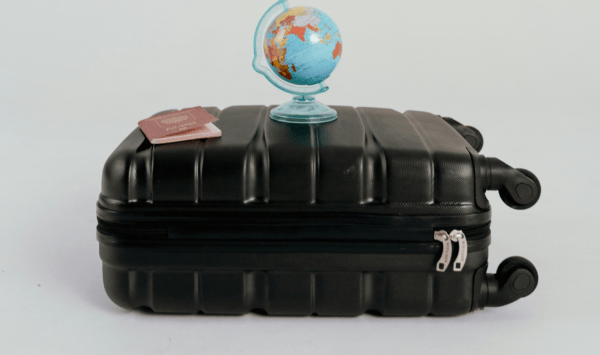
Why Personal Budgeting Skills Can Change Your Professional Life

Although our jobs offer plenty of perks, our paycheck is usually the most alluring. We love it when payday comes around so we can buy all the things we want and need. But how are you managing the money you earn? Do you have a budget in place for proper money management? If you don’t, you should.
Not only can a budget keep your own personal affairs in order, it can also help your professional life as well. You may not realize it yet, but the steps you put into budgeting can also apply to your work. On top of that, when you don’t have to worry about money quite as much, you may even enjoy your job a bit more. Read on to learn how being smart financially at home can also benefit your career.
Creating a Budget
If you want to get the professional benefits of personal budgeting, you must first understand how to make an efficient budget. You can consult an insolvency practitioner about your individual financial situation. While entire books are written on the subject, you can start to get your financial priorities in order with a few simple steps. First, take the time to look at all of your expenses and all of your income streams. Do you have less money than you need, or do you have a surplus of funds?
Once you have a better idea of what you are working with, create a 50/30/20 budget with 50% of your income going to necessities, 20% going into savings, and 30% going towards things you would like, such as dinners out and gym memberships. If you have debt issues, you want to take them head-on by either paying the very largest bills first to eliminate more interest charges or the smallest first to get them out of the way. Then, talk to your bank or employer to have a portion of your paycheck automatically inserted into a separate savings account, so you are always building a nest egg behind the scenes.
Now think about ways that you can cut your spending to make room for your debts and savings accounts. You may decide to eat out less often or cancel subscriptions to services that you find yourself not using. Take the time to think about how much money should be spent on what because you will want to stick to the budget. The feeling of accomplishment that you feel when you have control of your finances is freeing and rewarding, and the benefits can leak into your professional life.
Budgeting Makes Life and Work Less Stressful
People who don’t have a budget in place can often have a lot on their minds that can hamper the other areas of their life. In fact, studies show that 30% of Americans are constantly stressed about money and their financial situation. Regardless of the type of job you have, you need to be able to concentrate while you work, and if you constantly have money on your mind, then your work efforts can suffer.
Although we all complain from time to time, we want to be as happy as possible when we are at work. Some of the factors that lead to employee happiness include knowing that they are contributing to a cause, getting a good salary, and the ability to achieve a suitable work-life balance. Even if you absolutely adore your job, you need to be able to leave and spend time outside with your family and friends.
When you have a personal budget that is keeping you in a good place, you will be more focused on work so that tasks that used to seem longer and more tedious can now be done more efficiently. Many people who do not budget properly may also feel that they are swimming in debt, and because of that, they choose to always work overtime or work on weekends to earn more, but in the end, you need to be able to spend time outside of work to stay mentally sane.
Extra money can be good from time to time, but if you overdo it, your work could ultimately suffer, and you could experience burn out, and that will not help your career.
Budgeting Can Help You Succeed Professionally
Although we now know that budgeting can make you less worried and stressed overall, you may not realize that the skills involved in budgeting can concretely help your career. For example, budgeting requires creative thinking to decide how much you can put in savings, which bills to pay first, and nearly every other decision in the process. These strong creative thinking skills can help you succeed at work by offering practice on improving your problem-solving skills. This can in turn leave you feeling less stressed so you can tackle complicated projects.
When you are creating and tweaking your personal budget, you are also creating financial goals that you want to reach in the future, and getting into the habit of setting goals can help you at work as well. These goals can be short- or long-term, whether it be ensuring you finish your work without needing overtime, or having a lengthy plan in place to get that much-deserved promotion. Once you begin achieving your budgeting goals, you will see that these milestones can be reached, and your work will improve because of it.
While you are fine-tuning your budget, you will inevitably find areas of waste where you can save money, and you can adapt that way of thinking to your work. So, you might find a process that you do at work each day that could be done more efficiently or not at all. Such a discovery could save the company time and employee resources and give your manager the realization that you really care about your company and your position there, and that could lead to bigger things down the road.
In the end, having personal budgeting skills can help you in just about every facet of your life. Not only will you become more financially responsible at home, but your professional life could vastly improve as well.













































